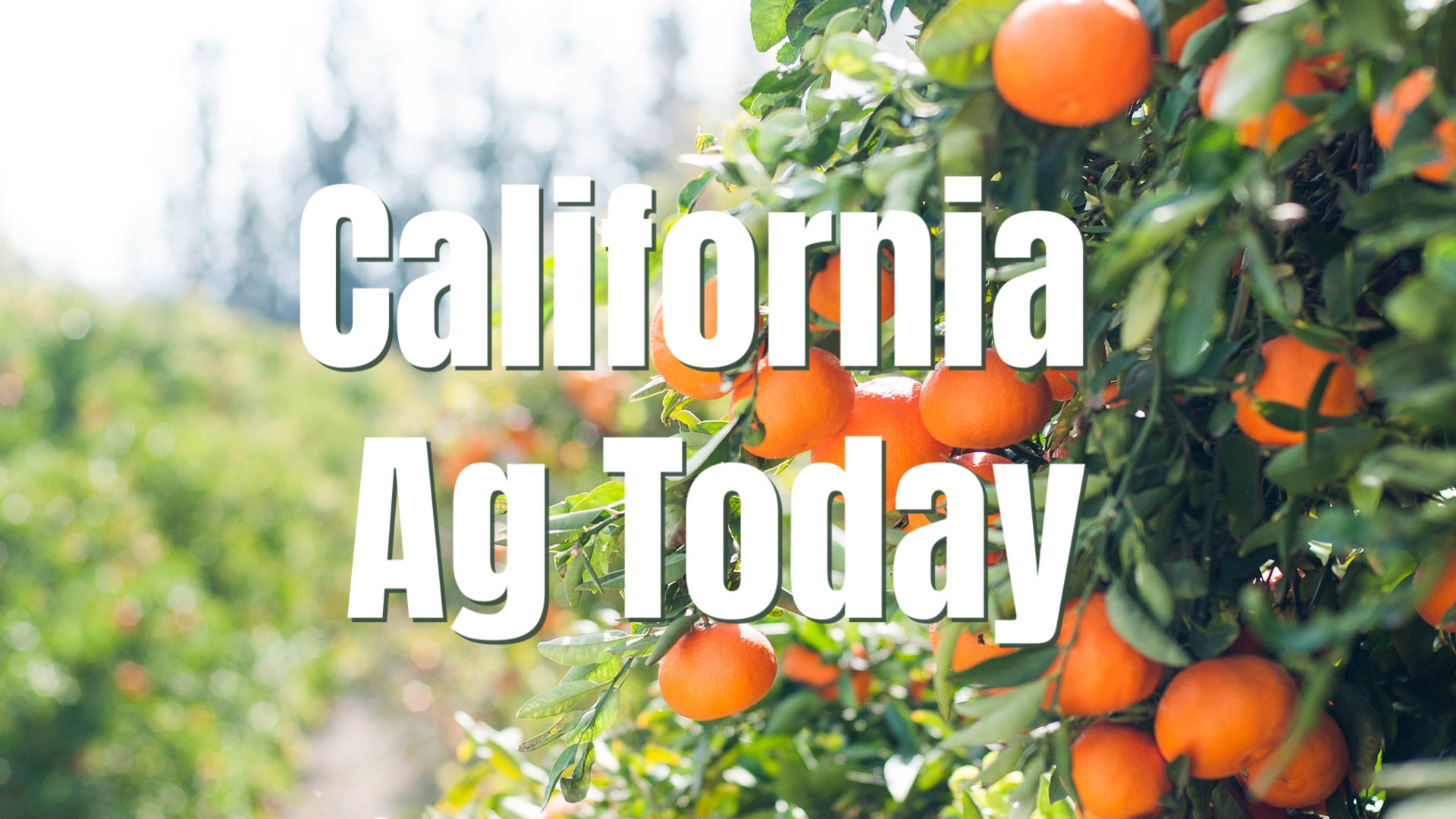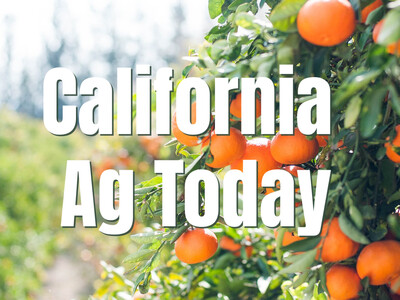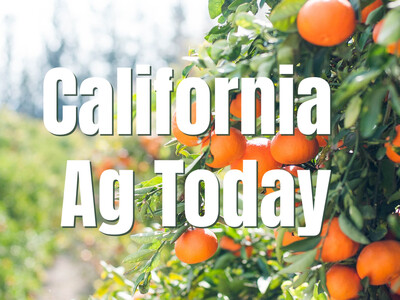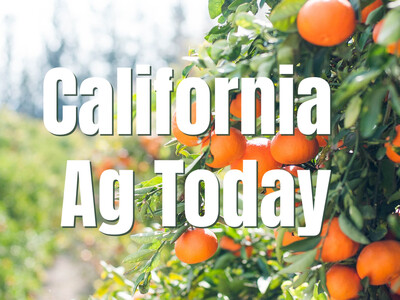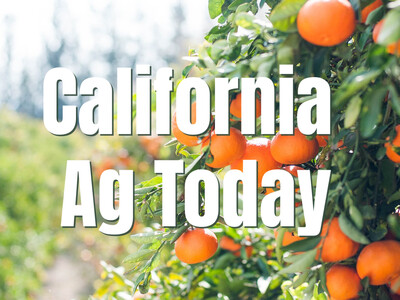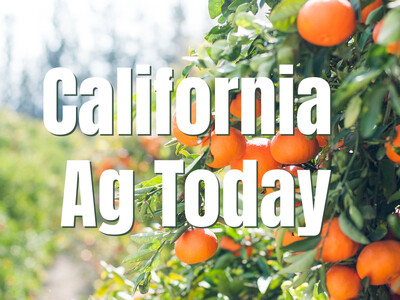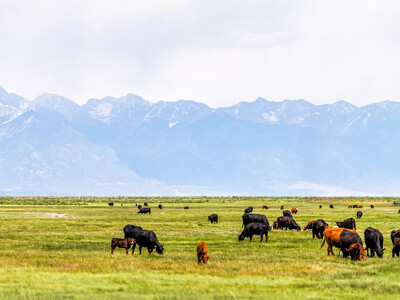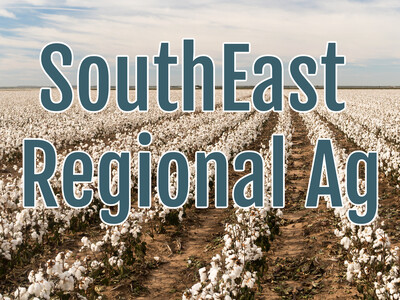Sustainable Fisheries

Tim Hammerich
News Reporter
The vast majority of California farmers and ranchers are much more sustainable than they’re given credit for. Other areas of food production, such as fishing, can have major impacts on the decline of ocean ecosystems. A recent report by the University of California, Davis, highlights the fact that sustainable fishing must consider not only how much of a given species are left, but also what other species rely on them for a food source.
Assistant professor and co-leading author Fernanda Valdovinos calls this secondary extinction.
Valdovinos… “Given that the balance of nature in that ecosystem - the balance of that ecosystem - was dependent on that particular high-biomass species. So probably, several predators were feeding on that species, and all of a sudden you're removing a lot of their food. Or they were controlling a balance of other preys. So because you are removing the control, then the other preys will displace their competitor. So that target species that we are harvesting will probably persist, but part harvesting that one will cause several secondary extensions, is what we call it: extinctions of species that we were not harvesting.”
This is why both concentrated, high-productivity agriculture is important, as well as truly sustainable fisheries.


